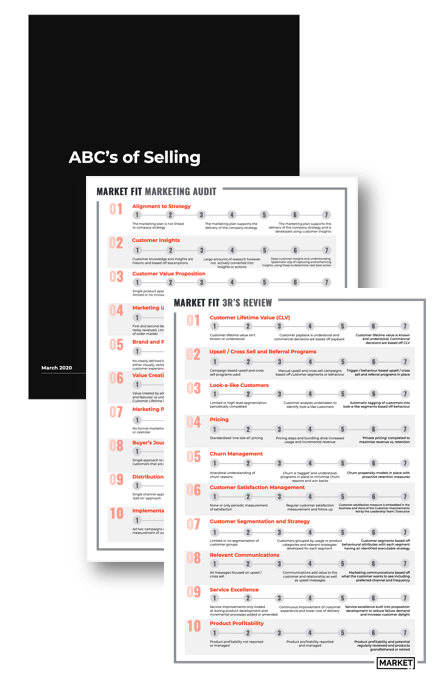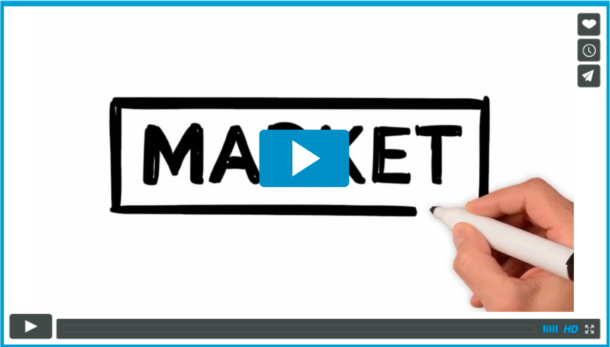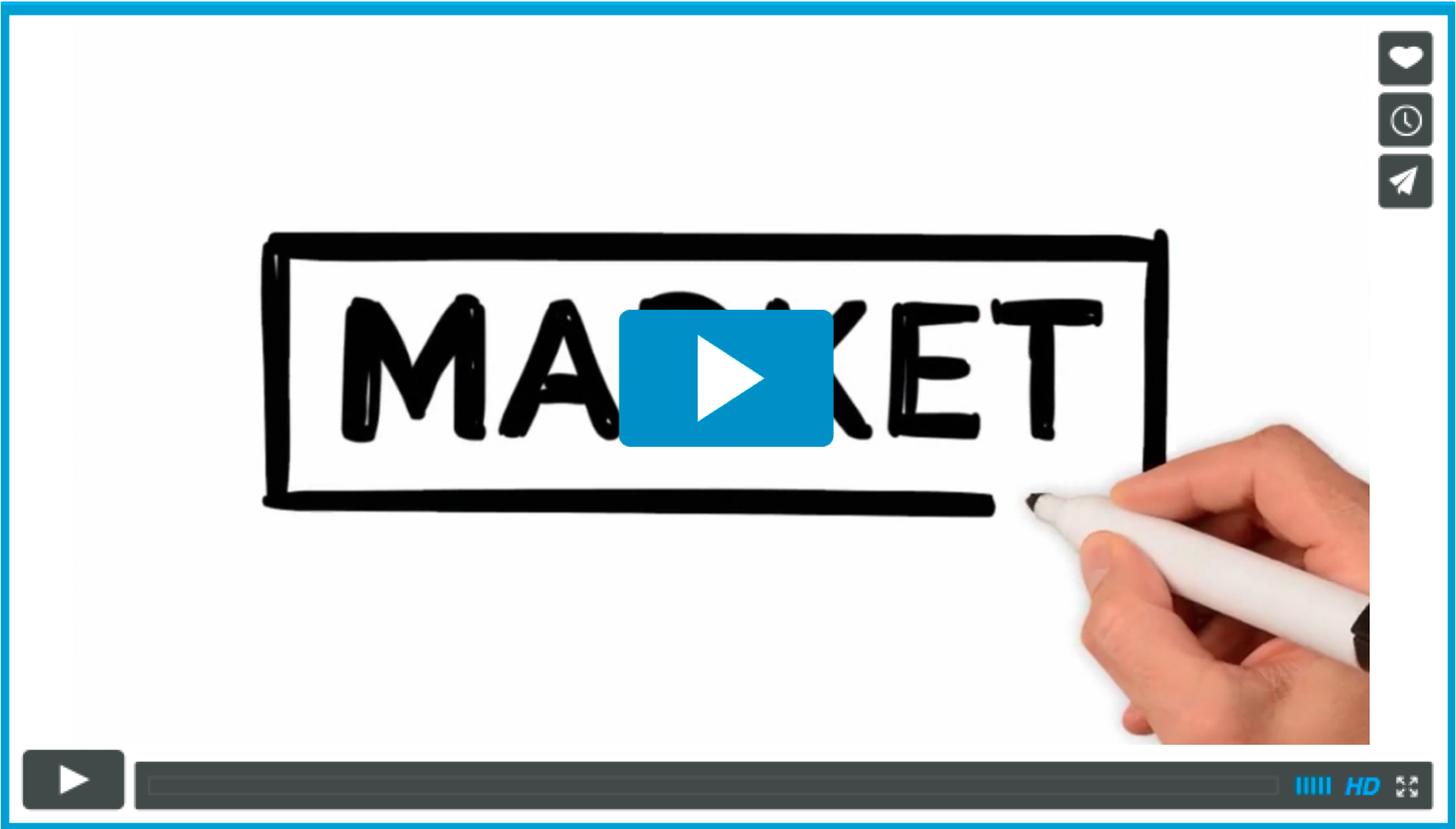There is a lot of press around Cambridge Analytica and their possible impact on the US election and Brexit. Don’t worry I’m not going to talk politics, but I have been fascinated in watching this all unfold and there are three marketing insights that I have picked up through all of the press and conjecture.
The Cambridge Analytica privacy scandal in brief:
UK data firm Cambridge Analytica acquired approximately 50 million Facebook users’ personal information to build software that created psychographic profiles of users that could target potential swing voters in political campaigns. In uncovering how Cambridge Analytica was accessing and using information, consumers have become aware just how much information they have ‘opted in’ to giving Facebook. What many of them didn’t know is when they play a game or answer an IQ test they were giving permission to give their personal information and giving information from their connected friends. And if you used the mobile app, then it is likely you also gave permission to give access to your address book and phone log. Facebook has coped a lot of flack about how much information they have on customers and how much information they pass on to third parties.
Here are my three marketing related insights.
Fears and Desires:
Cambridge Analytica Exec stated that elections aren’t won on facts they are won on fears and hopes. This snippet of a Channel 4 video stating this fact has been reported like it is a revelation.
This wasn’t news to me and as a regular reader of this blog I’m guessing it wasn’t to you either. I have long held that everything we engage with is about our fears, hopes and emotions first and facts second, in fact we find the facts that support our worldview.
One of my favourite books on this subject is All Marketers are Liars by Seth Godin. In this book, Seth argues that marketers aren’t actually liars they just provide the stories that consumers choose to believe.
‘Stories let us lie to ourselves. And those lies satisfy our desires.’‘We believe what we want to believe, and once we believe something, it becomes a self-fulfilling truth.’
In a similar vein, one of the world’s most successful ad copywriters, Dan Kennedy, asks these questions before each assignment:
- What keeps potential customers awake each night, indigestion boiling up their esophagus, eyes open, staring at the ceiling?
- What are they afraid of?
- What are they angry about? Who are they angry at?
- What do they secretly, ardently desire most?
- Is there built-in bias?
What they are saying in this video is simply to win an argument (or election) you need to deeply tap into someone’s worldview, then back that up with facts.
You are the product:
The second insight is that never before has this Andrew Lewis quote been so pertinent.
‘If you are not paying for it, you’re not the customer; you’re the product being sold‘
Customers willingly gave away their personal information to Facebook, (linkedIn, Twitter, Instagram, and many others) for access to the platform, connect with their friends, store their photos, poke their friends or whatever.
So let’s not be surprised that the Facebooks of the world sell your profiles to advertisers. These businesses are ad-funded after all. Facebook has built its entire business on collecting, packaging and selling the information you willingly give to the highest bidder until now consumers have been happy to participate.
Half is wasted:
‘Half my advertising is wasted, I just don’t know which half’ John Wannamaker
While over 100 years old this quote still holds true. Marketers are still grappling with which ad is ultimately responsible for a customer deciding to purchase and what they should attribute the sale too. However, with digital advertising there is the potential to be more targeted and to drive a better ROI.
With digital targeting, not only can companies run different ads to different segments of the market, they can easily and inexpensively test the conversion of different ad types.
Cambridge Analytica took this to a whole new level, and “was using 40-50,000 variants of ads every day that were continuously measuring responses and then adapting and evolving based on that response.”
This process was, of course, automated and had the benefit of being able to see and test what messages resonated with which audience. They could then build a customer profile based on the audiences feedback and build look-a-like audiences* off the back of these, thereby getting more reach and engagement while narrowing the half of the wasted advertising dollars.
With 40-50,000 ad variants, this is data-driven marketing at its most powerful and most dangerous.
Finally:
As Seth said …
‘Marketing is powerful. Use it wisely.’
KS
*A look-a-like audience is a way to reach new people who are likely to be interested in your business because they’re similar to your best existing customers.




